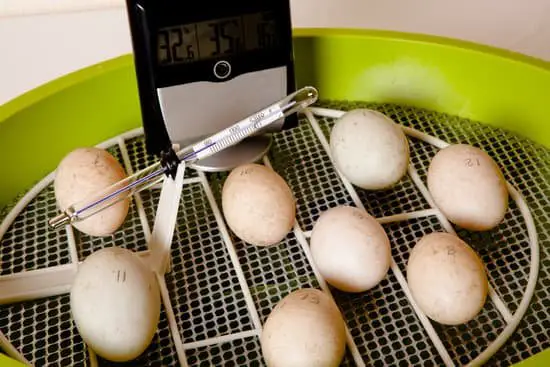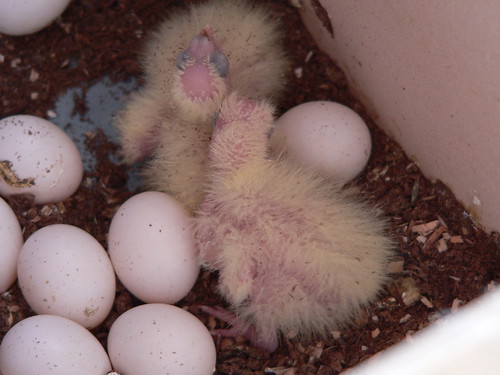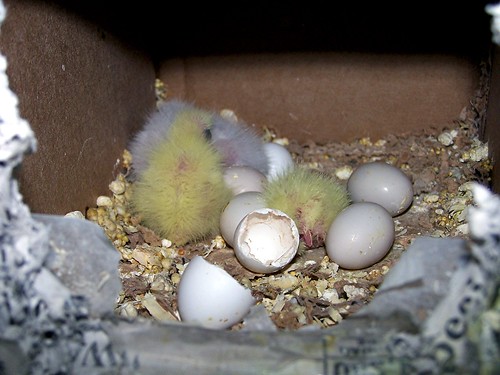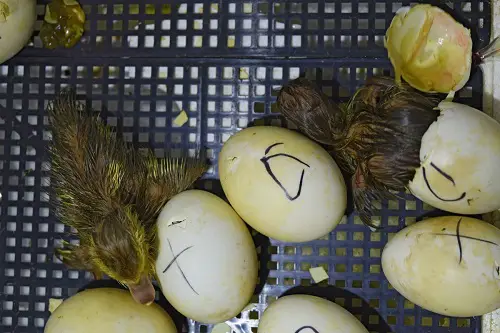Table of Contents
Egg incubation is the process of keeping eggs warm to aid embryonic development and hatching after the embryos are well developed. By incubating eggs, the chances of them hatching successfully are increased.
Apart from the eggs being fertilized, it is important to maintain a consistent temperature and humidity level. Incubation periods vary depending on the eggs being incubated.
Types of Incubation
There are two types of incubation in poultry. They are:
- Natural incubation
- Artificial incubation
Natural Incubation
The natural incubation of eggs is when the broody mother bird incubates by sitting on the eggs herself without external assistance. The broody female bird will generally turn the eggs several times a day using her body heat to keep them warm and at a consistent temperature. Once the eggs have hatched, the chicks will be moved to the brooding house or they will be completely dependent on their mother for food and shelter. A broody bird is a female bird with a strong instinct to sit on eggs and keep them warm.
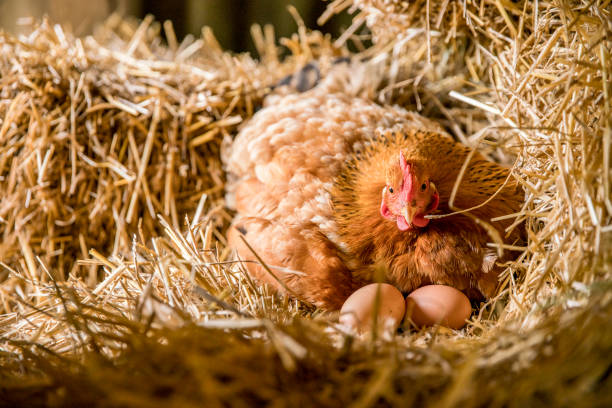
Advantages of Natural Incubation
- There is no need to purchase an egg incubator which saves you money.
- The process is entirely natural and requires no electricity.
- Hatching success rates are often higher with natural incubation since the mother hen can regulate the temperature more effectively.
- There is no chance of eggs becoming overheated or drying out, as can happen with artificial incubation.
- The mother hen can turn the eggs constantly, ensuring that they develop properly.
- Chicks born through natural incubation are often healthier and hardy, as they experience fewer disruptions during development.
- It can be a more rewarding experience to watch chicks hatch and grow under the care of their mother.
- Natural incubation is more environmentally friendly than using an artificial incubator.
Disadvantages of Natural Incubation
The main disadvantage of natural incubation is that it is the birds who decide when they start sitting on the eggs. Currently, there is no method for the female to go broody at a certain time, so don’t expect a foolproof date.
Sometimes, some breeders enclose female birds in very small spaces in order to force them to become broody. However, this only stresses the birds and most likely results in scattered and crushed eggs.
Also Read: Types of Egg Incubators
Artificial Incubation
Artificial incubation is the process of incubating eggs without the use of a broody bird. It involves using an egg incubator, which is a man-made machine that regulates temperature and humidity levels to create the perfect environment for incubating eggs.
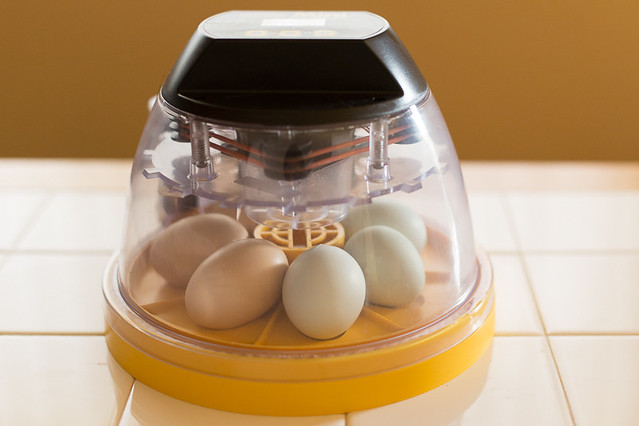
- Generous Capacity: Fits up to 56 chicken eggs with included standard egg carriers; incubators for hatching eggs suitable for a wide range of sizes; optional large egg carriers provide flexibility for diverse hatching projects, including rare breeds
- Precision Controls: Incubator for chicken eggs features highly accurate digital system displaying critical data such as turning status, temperature in °F or °C, and humidity (% RH), along with alarms for successful incubation and peace of mind
- Automatic Egg Turning: Chicken egg incubator features programmable turning system to customize turning intervals enhancing embryo growth; Clear top offers excellent visibility throughout the incubation and hatching process
- Automatic Humidity Management: Fully automated system with integrated humidity pump eliminates the need to open the chicken incubator, and combined with Induced Dual Airflow system, it ensures optimal incubation conditions and high hatch rates
Advantages of Artificial Incubation
- This is an effective way to hatch eggs without the use of a brooding chicken.
- There is a greater degree of control over the hatching process.
- The method can be used to hatch multiple eggs at once.
- The risk of disease transmission is reduced
- Under proper management and supervision, a higher hatch rate and quality of chicks can be achieved.
Disadvantages of Artificial Incubation
- There is a greater chance of disease and infection in artificially incubated eggs.
- The environment in an artificial incubator is often not as ideal as the natural environment, which can lead to lower hatch rates.
- Artificial incubation involves manual labor and strict monitoring. It is also expensive because it involves purchasing incubators and other machines and additional expenses on energy.
- There is a greater chance of deformities in artificially incubated eggs.
- If something goes wrong during the incubation process, it could be difficult or impossible to save the eggs.


